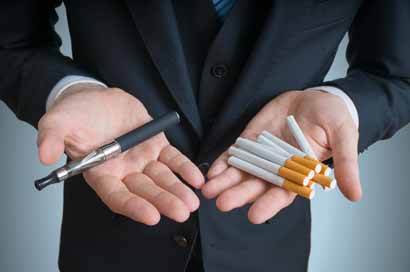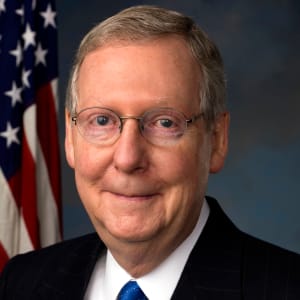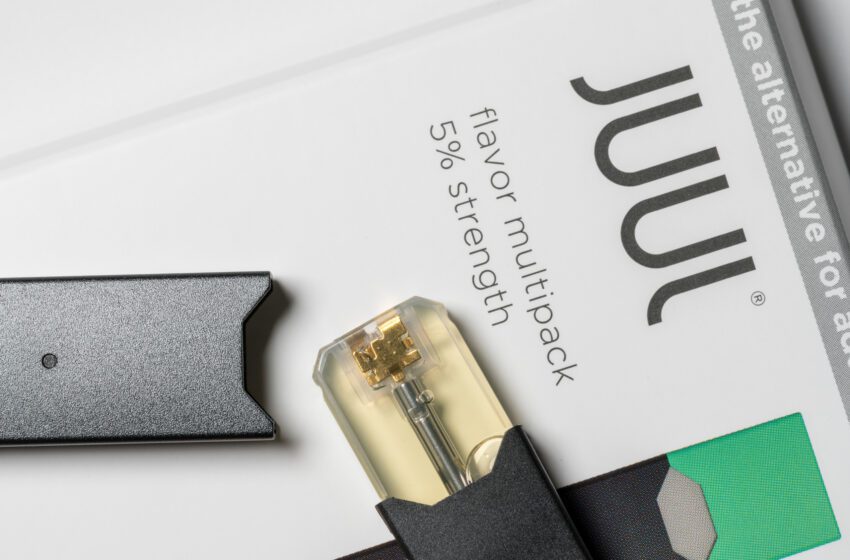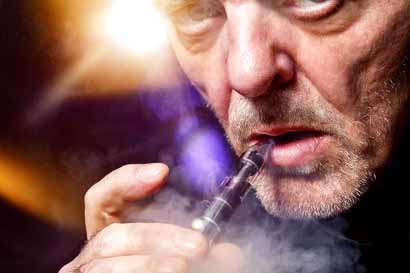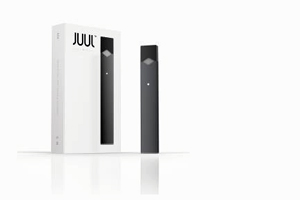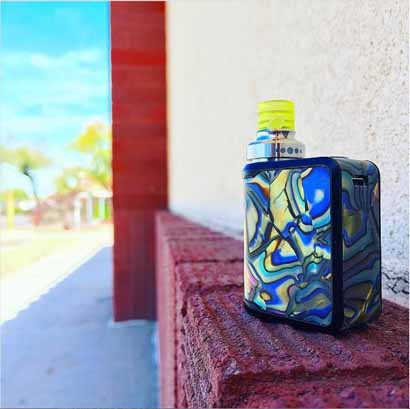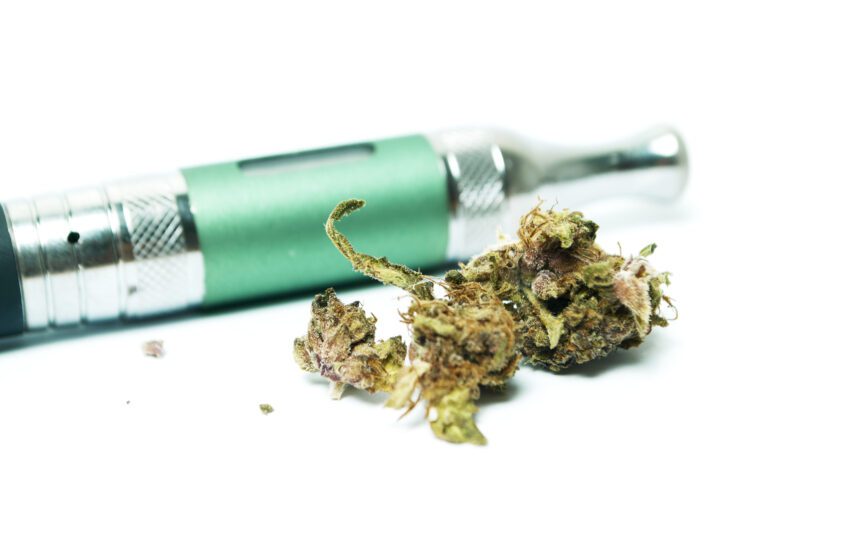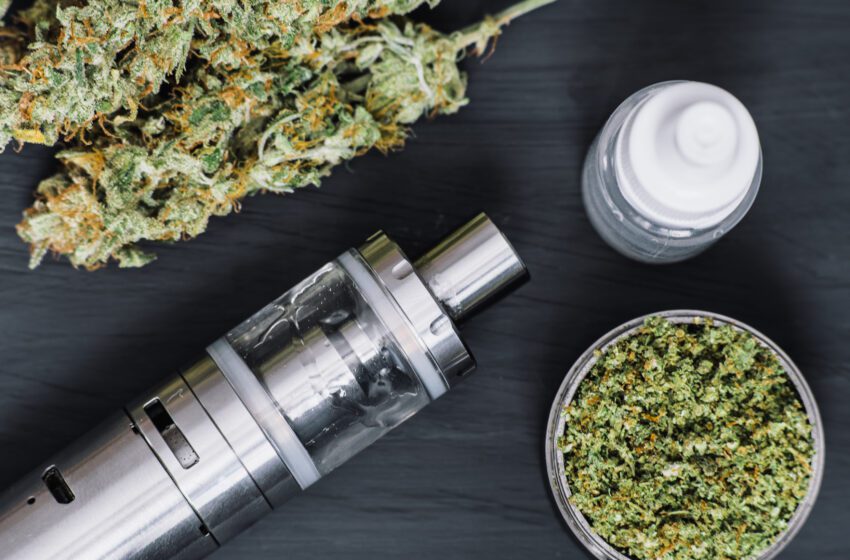Mixing use of vapes and combustible cigarettes, known as “dual use,” is seen as a win by some—especially those who are working towards quitting smoking—while others view it as an absolute health threat, according to a story on filtermag.org.
The latest data from the Food and Drug Administration’s Population Assessment of Tobacco and Health (PATH) study confirm an already-observed outcome: Dual users are exposed to higher levels of nicotine and the carcinogen NKK than people who exclusively use combustibles, according to the story.
In the latest wave of data—updated on June 19 from the ongoing study that follows around 46,000 Americans over time—792 dual users, compared with 247 people who only vaped and 2,411 who only smoked, faced the highest concentrations of toxicants. People who exclusively vaped were exposed to the lowest amounts of the hazardous chemicals, according to the story.
Yet tobacco harm reductionists and other evidence cast doubt on the conclusion that dual use is automatically a worse option than smoking alone.
A 2018 Journal of American Medical Association study utilizing past PATH data suggests that high concentrations of toxicants in dual users could be a function of cigarette smoking frequency. Out of 982 dual users in that study, 82 percent reported daily cigarette smoking, which was shown to be positively correlated with the presence of chemicals like NNK, according to the story.
The reasons for this phenomenon remain unclear. The JAMA study states that “Further investigation can identify contributing factors resulting in higher toxicant concentrations among dual users.”
“The most likely explanation is that e-cigarette use is a marker for people who are more intensive smokers and have found it harder to quit,” Clive Bates, a leading tobacco harm reduction advocate and former director of Action on Smoking and Health in the UK, told Filter. He identifies this as “selection bias,” through which the category of exclusive vapers “will be depleting the smoker population of less dependent smokers, leaving the more dependent as dual users.”
The Center for Disease Control and Prevention declares that the harms associated with dual use make it “not an effective way to fully safeguard your health,” adding that “Smoking even a few cigarettes a day can be dangerous.” Scientists at the University of California, San Francisco’s Center for Tobacco Research Control and Education—located in the city that just banned sales of vaping products—urgedthe Food and Drug Administration to “discourage dual use with other tobacco products.”
Tobacco harm reductionists disagree with this hard-and-fast position. “Dual use, even for a while, is usually what it takes for a long-term smoker to cut down and switch and so smokers should be encouraged to try vaping, find a product and flavor that satisfy them, and then after a while cut back on their cigarette use,” said David Abrams, a social and behavioral sciences professor at New York University’s College of Global Public Health, according to the story.
Shorter-term harms, in this view, are part of a process of achieving longer-term harm reduction. A 2018 study in Harm Reduction Journal showed that attempting to initiate e-cigarette use after having “long histories” of smoking often resulted in “relapsing,” in turn constituting ‘dual use.’ But for study author Caitlin Notley, a senior lecturer in mental health at Norwich Medical School, “Positioning dual use as problematic may be premature. Instead, we might helpfully see dual use on a trajectory to smoking cessation and support accordingly.”

